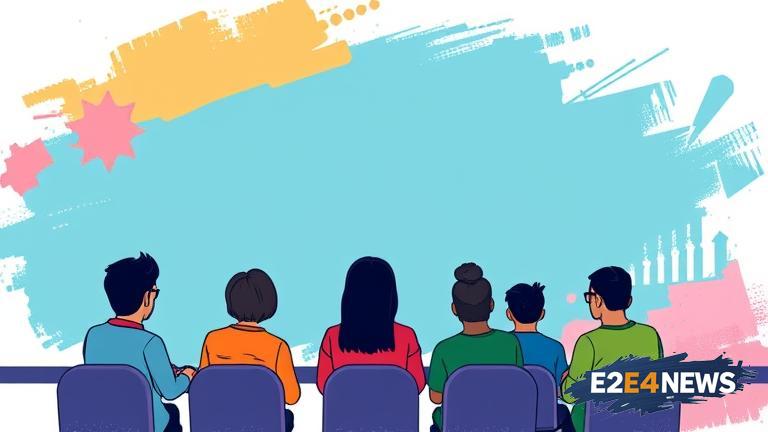In a significant move to promote the adoption of artificial intelligence in education, OpenAI has announced its plan to offer 500,000 free ChatGPT Plus accounts to students and teachers in India. This initiative is designed to bridge the gap in access to advanced AI tools, particularly for those in the educational sector. By providing these accounts, OpenAI aims to enhance the learning experience, improve academic outcomes, and foster a community that can leverage AI for educational purposes. The ChatGPT Plus service, an upgraded version of the standard ChatGPT model, offers additional features such as priority access, faster response times, and the ability to use the model for more complex queries. This can be particularly beneficial for students working on research projects, assignments, and studying for exams, as well as for teachers looking to integrate AI into their curriculum and teaching methods. The decision to target the Indian educational sector is strategic, given the country’s large and growing student population and its potential for technological advancement. India has been at the forefront of adopting digital technologies in education, and this move by OpenAI is expected to further accelerate this trend. The free accounts will be distributed through a nomination process, where educational institutions can apply for these accounts on behalf of their students and faculty members. This approach ensures that the accounts reach those who can benefit from them the most. OpenAI has emphasized its commitment to making AI accessible and beneficial for all, and this initiative aligns with that mission. By providing free access to ChatGPT Plus, OpenAI is not only contributing to the educational development of individuals but also investing in the future of AI research and development in India. The potential impact of this initiative is multifaceted, ranging from improved academic performance to the development of AI literacy among the next generation of professionals. Moreover, it underscores the importance of public-private partnerships in advancing educational technology. The response from the Indian educational community has been positive, with many institutions and individuals expressing their gratitude and eagerness to leverage this opportunity. However, there are also discussions about the potential challenges, such as ensuring equitable access and addressing concerns about the dependency on AI tools for learning. Despite these challenges, the initiative is seen as a significant step forward in democratizing access to AI and promoting its ethical use in education. OpenAI’s move is also expected to encourage other tech companies to invest in similar initiatives, thereby contributing to a more inclusive and technologically advanced educational ecosystem. As the world becomes increasingly digital, initiatives like these highlight the role that technology can play in bridging educational gaps and preparing the workforce of the future. The integration of AI in education is a global trend, and India, with its large demographic dividend, is well-positioned to benefit from such advancements. In conclusion, OpenAI’s decision to offer free ChatGPT Plus accounts to students and teachers in India marks a significant milestone in the country’s educational technology landscape. It reflects a broader commitment to leveraging technology for social good and underscores the potential of AI to transform the way we learn and teach. As this initiative unfolds, it will be interesting to observe its impact on educational outcomes, the development of AI skills among students and teachers, and the overall advancement of India’s technological capabilities.
